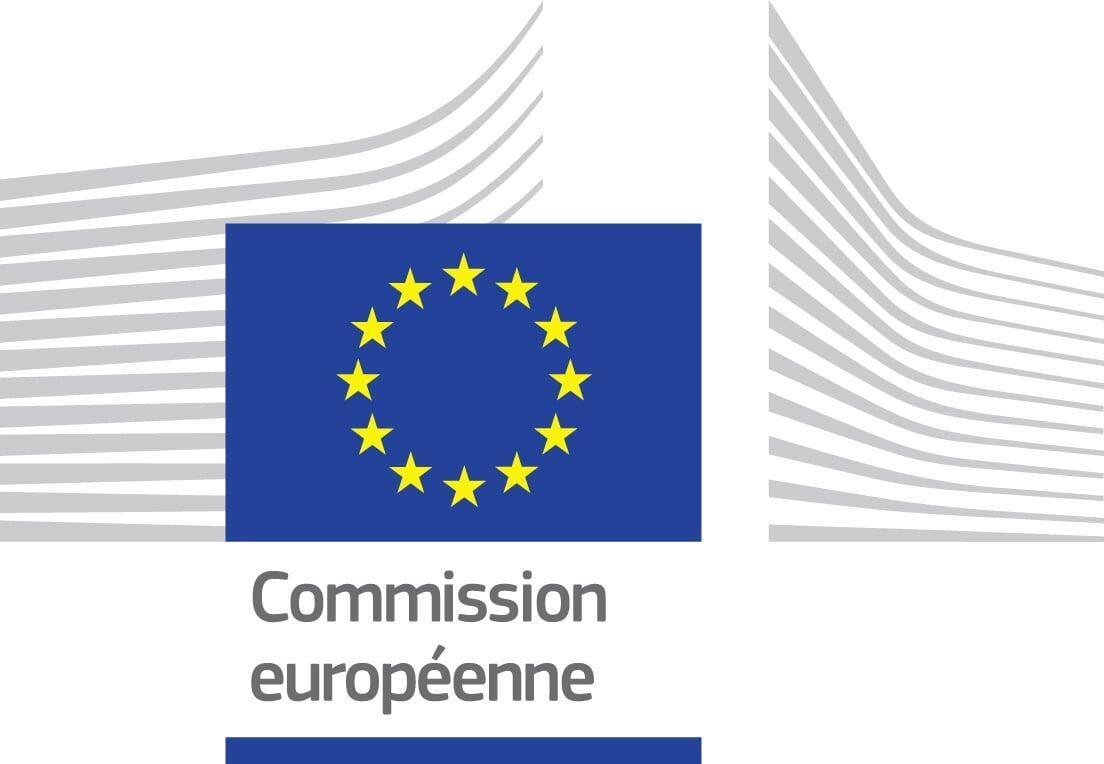The Directorate General for Education, Youth, Sport and Culture of the European Commission (DG EAC) has published a report on the development of the economic and legal issues of transfers entitled "An update on change drivers and economic and legal implications of transfers of players"making it possible to analyze the European football market as a priority and determine eight recommendations.
The Report of the European Commission of March 22, 2018 on the transfer of athletes
The Report, published on March 22, 2018, reports a new record reached in 2016 in terms of transfers of athletes, namely 14.591 transfers completed. The annual increase in the volume of transfers amounts to 7,3% between 2013 and 2017.
The main objective of this report is to analyze the development of the transfer market since White Paper on Sport published the 11 July 2007 and the Report January 2013 which included the major decisions on transfers, namely Bosman, Bernard and Meca Medina of the Court of Justice of the European Union (CJEU).
The report recalls that "the transfer of athletes is a unique and complex economic and legal construction because of the difficulty of distinguishing between economic and legal issues. Indeed, while sports rules and regulations are established with a view to preserving fairness during the competition, the quantity and level of transfer amounts (especially within the football market) have significant economic consequences for competitors. sports clubs"*1.
The report therefore adapts to "the specificity and the dual nature of transfers"*2 to maintain a balance between fair competition and economic activity.
The study is structured in four chapters:
- First chapter discusses the introductory remarks and rules already implemented for the regulation of transfers;
- Second chapter analyzes the main economic properties of the European football market and in particular the potential divergences and imbalances of this market by studying the impact on the competitiveness of the financial concentration and the lack of economic redistribution between the clubs of the main professional Leagues but also between the different Championships;
- Third chapter focuses on the legal developments of the Regulations imposed by the football authorities on four major areas for reflection:
- the balancing of the different sports competitions;
- Improving transparency in football transfers by developing Fair Play Financial, notably by acting on FIFA's ban on Third Party Ownership (TPO) despite RFC Seraing Club's recourse (see our article on the subject) ;
- the development of the protection of minors;
- regulating the profession of intermediaries by setting up a centralized licensing system.
- Fourth chapter concludes the Report.
Recommendations for the economic and legal development of the European transfer market
The report identified eight recommendations to enable the economic and legal development of the European transfer market:
- Improve the use of existing social dialogue within professional football in order to better understand future changes in transfers of athletes;
- Recast the FIFA Regulations on intermediaries;
- Improve transparency tools on the football market (TMS database, Football Associations reports, Global Clearing House);
- Increase solidarity mechanisms and strengthen their binding force;
- Strengthen the means of investigating "bridge transfers"to monitor club finances;
- Regulate loans by limiting the number per beneficiary and lending club;
- Improve the rules on minors and the entry requirement for young players;
- Establish a "luxury tax"on transfer profits above a certain amount.
*1 The transfer of players is a relatively unique and complex economic and legal construct, because of the difficulties in distinguishing between sporting and economic matters. In fact, while sporting rules and regulations are designed to preserve fairness in the competition, the volume and level of transfer amounts (especially in the market market) have significant economic consequences on sports clubs.
*2 The peculiarity and the dual nature of transfers







